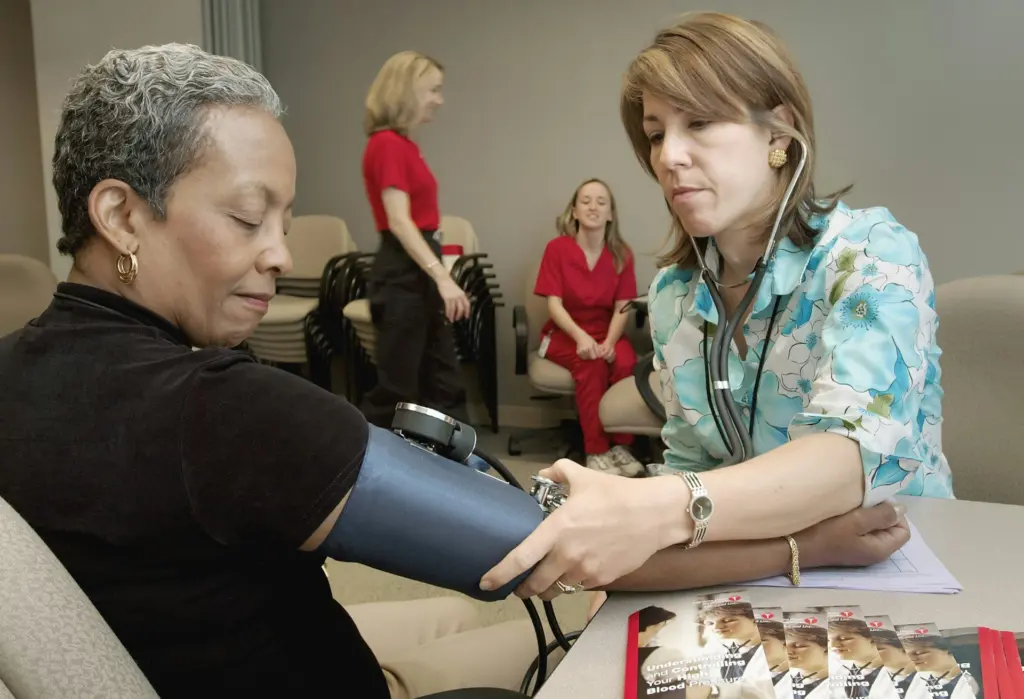PULLMAN, WA – Washington State University’s Carson College of Business has released a comprehensive report providing insights into the current state of the health care economy in the Pacific Northwest.
The findings examine public perceptions around the affordability of senior living and ongoing staffing challenges, as well as the growing role of artificial intelligence (AI) in health care.
“Understanding what’s on the minds of consumers when it comes to senior living is critical, not just for health care organizations and policymakers but also for academic institutions like WSU,” said Nancy Swanger, founding director of WSU’s Granger Cobb Institute for Senior Living. “It informs how we prepare students for lasting, meaningful careers in this field. At the Granger Cobb Institute for Senior Living, we’re focused on equipping future leaders with the insights and empathy they need to meet evolving consumer expectations and drive innovation in senior living.”
The report surveyed 1,006 adults living in the Pacific Northwest states of Washington, Oregon, and Idaho. The survey used U.S. Census data to guide the selection of participants, ensuring a balanced mix of people based on factors like age, gender, race, ethnicity, state of residence, and education level.
Key findings include:
Affordability remains a top priority for residents considering senior care options, with 83% concerned about the costs associated with care as they age.
- Worries about cost (50%) and quality of care (48%) are mirrored in the top factors individuals would consider when deciding on senior-living arrangements.
- Nearly two-thirds (65%) would prefer to age in place, compared to 25% who prefer a senior-living community.
- However, despite the preference for aging in place, most would be willing to relocate a loved one (60%) or themselves (63%) to a different town, city, or state for a better senior-living community or care.
Sixty-five percent of respondents believe there is a caregiver shortage in their community, and 72% are concerned about their community’s ability to attract and retain qualified health care professionals.
- Nearly all respondents (95%) express concern over potential negative outcomes from staffing shortages, such as patient neglect and delays in routine care.
- Seventy-one percent of Pacific Northwest residents usually see the same provider for primary health care, but 18% see different providers.
- Among those who usually see different providers, 68% say they have been frustrated by the inability to receive consistent care from a single health care professional.
More than two-thirds (69%) of Pacific Northwest residents have heard about AI being used in at least one of ten different health care applications, such as diagnosing illnesses, recommending treatments, supporting mental health, and handling administrative tasks such as billing and scheduling.
- However, close to half (48%) of individuals don’t know if AI has been used for themselves or someone they know.
- More individuals believe using AI in health care is about making it more efficient, and therefore more profitable (36%), rather than about improving health outcomes for patients (12%).
- Residents are divided in their comfort with AI’s application in senior care: 42% are comfortable with AI use, while 46% find it concerning.





